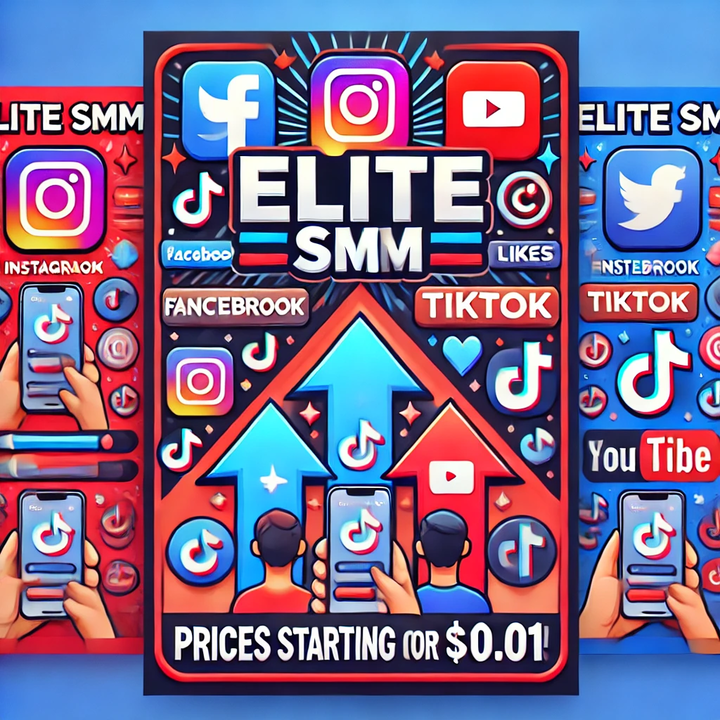
Social media marketing marketing has revolutionized the way businesses connect making use of their audiences. By leveraging platforms like Facebook, Instagram, Twitter, LinkedIn, and TikTok, companies can create direct and meaningful interactions with potential and existing customers. Unlike traditional marketing channels, social media offers two-way communication, enabling brands to engage in real-time conversations and build relationships. The versatility of these platforms makes them a vital tool for businesses of sizes, whether promoting a new service, building brand awareness, or driving traffic to their website. Since the digital landscape evolves, the importance of an effective social media marketing marketing strategy cannot be overstated.
Each social media marketing platform has its unique strengths and audiences. As an example, Instagram is great for visually driven campaigns, which makes it a go-to for brands in the
indian smm panel , travel, or food industries. LinkedIn provides professionals and B2B marketing, while Twitter thrives on real-time updates and trending topics. Facebook remains a versatile giant with an extensive demographic reach, and TikTok has emerged as a powerhouse for younger audiences and short, creative video content. Understanding where your target audience spends their time is vital for tailoring content and maximizing impact. A one-size-fits-all approach rarely works, so a platform-specific strategy is key.
Content is at the heart of any successful social media marketing marketing effort. Whether it's a compelling story, an educational video, or an eye-catching image, content must resonate with the audience. High-quality and consistent content builds trust and encourages followers to engage. However, it's not merely about the product quality; relevance is equally important. Trends, hashtags, and user-generated content can help businesses stay relevant and relatable. Additionally, formats like live videos, reels, and polls have gained traction, rendering it required for marketers to experiment and adapt their content strategies continuously.
Data-driven decisions are a cornerstone of effective social media marketing. Platforms provide robust analytics tools that track metrics like reach, engagement, clicks, and conversions. These insights allow marketers to assess the success of these campaigns and adjust strategies as needed. For instance, if a post receives high engagement but low clicks, it could indicate the need for a tougher call-to-action. Understanding key performance indicators (KPIs) not merely helps in assessing performance but in addition aids in setting realistic and measurable goals. Regularly analyzing metrics ensures that campaigns remain aligned with business objectives.
While organic reach remains important, paid social networking advertising has changed into a vital part of marketing strategies. Platforms like Facebook and Instagram offer highly targeted advertising options, allowing brands to attain specific demographics, interests, and behaviors. Paid ads can amplify reach, ensure consistent visibility, and drive conversions. Moreover, the integration of advanced tools like retargeting and lookalike audiences allows businesses to reconnect with potential customers and expand their audience base effectively. A well-planned budget and clear objectives are crucial for maximizing the return on investment (ROI) in social networking advertising.
Beyond sales and brand promotion, social media marketing plays a pivotal role in community building. By fostering an environment of interaction and support, brands can cause loyal customer communities. Answering comments, sharing user-generated content, and initiating conversations build trust and authenticity. Communities often behave as advocates, spreading positive word-of-mouth and influencing others to interact with the brand. Platforms like Facebook groups or Twitter threads can serve as hubs for these communities, allowing deeper connections that extend beyond the transactional.







